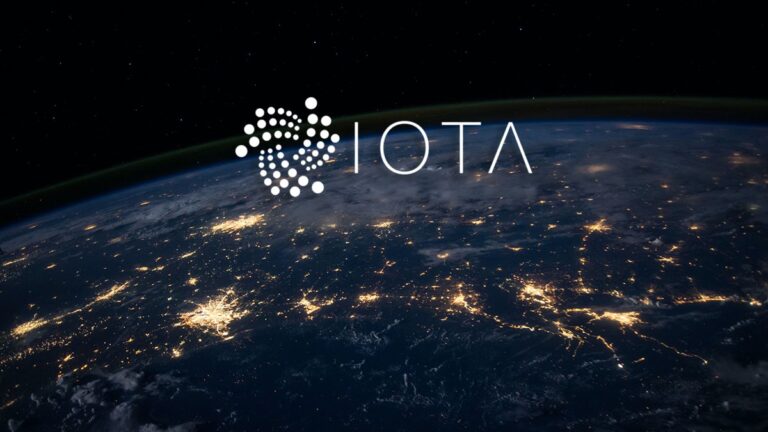WalletConnect Restricts Services in Russia Amid US Sanctions: Implications and Clarifications

- WalletConnect, a Web3 platform connecting cryptocurrency wallets, restricts services in Russia due to US sanctions.
- The US Treasury’s Office of Foreign Assets Control (OFAC) imposed sanctions in Russia and parts of Ukraine, effective October 30.
The recent imposition of sanctions by the US Treasury’s Office of Foreign Assets Control (OFAC) has sparked a series of reactions within the cryptocurrency landscape. WalletConnect, a pivotal Web3 platform connecting cryptocurrency wallets, has restricted its services in response to the latest US Guidelines. The limitations are targeted explicitly at Russia and specific areas of Ukraine, in line with the sanctions imposed and effective as of October 30.
In an official statement shared on X (Twitter), WalletConnect adhered to the recent legal and OFAC guidelines. The company emphasized, “In light of the latest legal and OFAC guidance, WalletConnect has restricted the availability of the WalletConnect Protocol in Russia.” CEO Pedro Gomes clarified the restriction’s scope in a note to users, explicitly stating, “There were some incorrect reports that we blocked other non-sanctioned countries. We can confirm that no other countries were blocked.”
Amid this strategic maneuver, WalletConnect has also temporarily limited access to Ukraine IP addresses. The platform seeks to ensure compliance by restricting services in affected regions and intends to restore service once compliance standards can be met.
WalletConnect’s Compliance Measures Amidst Regulatory Ambiguity
WalletConnect, known for its open-source Web3 standard, serves as a bridge between blockchain wallets and decentralized applications (apps). As the cryptocurrency sector navigates a complex regulatory landscape, decisions like the one WalletConnect took to adhere to international guidelines showcase the industry’s willingness to comply with evolving legal frameworks.
The US sanctions, notably outlined in a recent brochure by OFAC, signify a heightened level of scrutiny on digital asset businesses. This guidance emphasizes the responsibility of crypto operators to steer clear of transactions or dealings with sanctioned individuals or jurisdictions.
This trend aligns with a broader pattern observed in the industry, as other prominent players, such as Coinbase and Binance, have previously restricted services to individuals under US sanctions. This regulatory pressure is further evidence of the impact that geopolitical tensions have on cryptocurrency gateways to specific jurisdictions.











